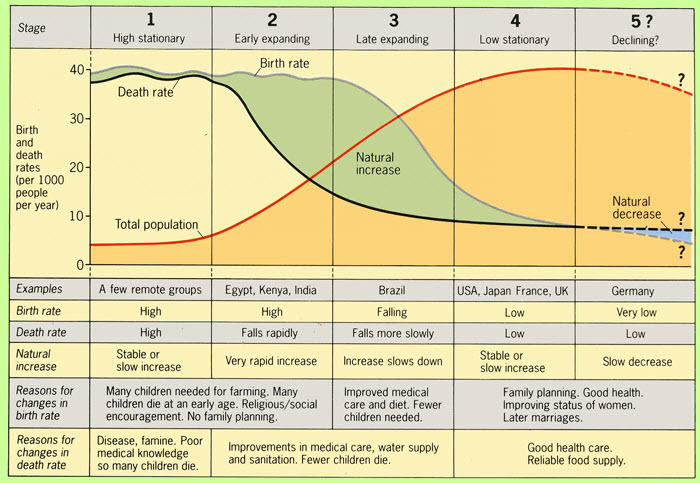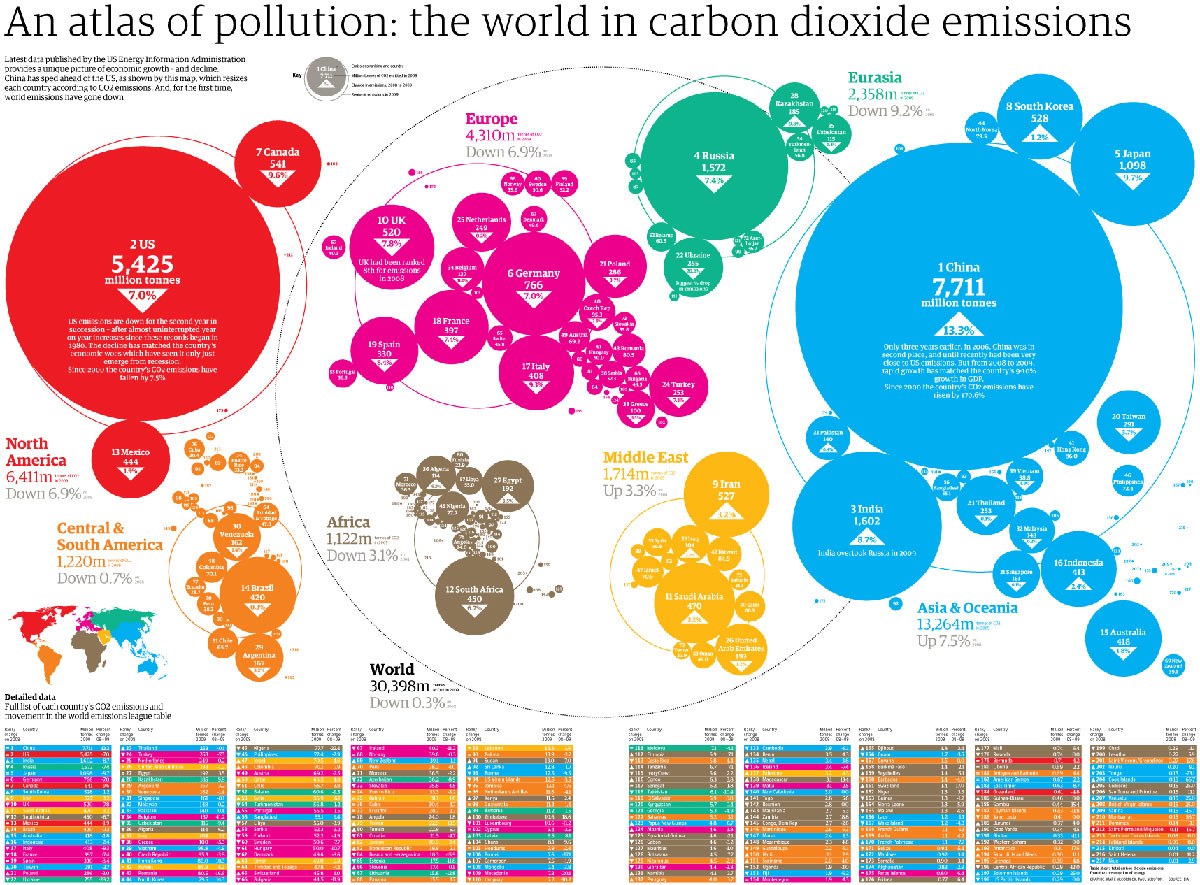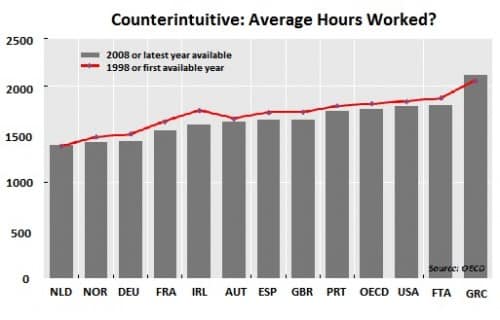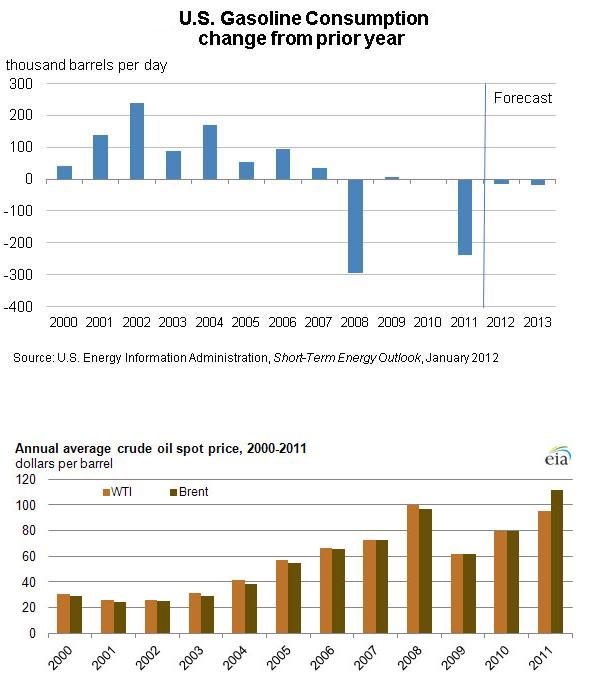So was I. Clearly they can anticipate demand with enough warning! It may also be that the coal plants generated power but were unable to sell it in these periods, but I somehow doubt they'd be doing that given the sophistication of electricity markets. Either way it's an achievement.
Interestingly, Spain recently instituted subsidies to generators to use domestic coal, as an energy security thing until 2014, but capped at 9% of total generation. Partly it was also Zapatero looking out for his native Leon which is home to most of the dying coal industry in Spain.
It will be exceedingly interesting to see what happens as the share of wind power generation rises. Given the priority dispatch of the special regime, I'd assume nuclear would be taken offline before the cogen, so you may end up seeing wind eating into nuclear generation on particular days as well.
Interestingly, Spain recently instituted subsidies to generators to use domestic coal, as an energy security thing until 2014, but capped at 9% of total generation. Partly it was also Zapatero looking out for his native Leon which is home to most of the dying coal industry in Spain.
It will be exceedingly interesting to see what happens as the share of wind power generation rises. Given the priority dispatch of the special regime, I'd assume nuclear would be taken offline before the cogen, so you may end up seeing wind eating into nuclear generation on particular days as well.









 .
.



